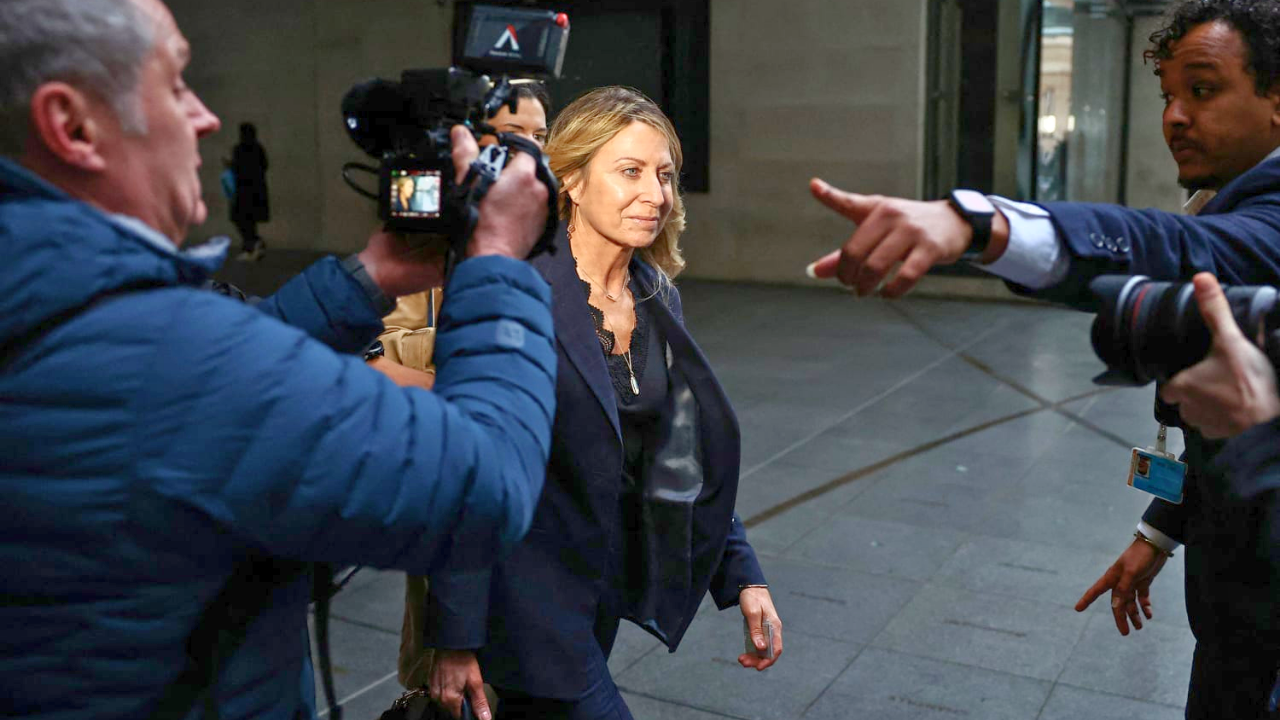
On November 9, 2025, the BBC was rocked by the simultaneous resignations of its Director-General and News CEO, a crisis that exposed deep fractures in the world’s most prominent public broadcaster. The departures followed revelations of a manipulated documentary edit, igniting political outrage and international condemnation. As the BBC faces a reckoning over its editorial standards and future, the fallout has raised urgent questions about trust, accountability, and the survival of public service media.
Unprecedented Leadership Crisis
For the first time in its 103-year history, the BBC saw its two top editorial leaders step down on the same day. The resignations of Director-General Tim Davie and News CEO Deborah Turness marked a dramatic escalation in a year already fraught with controversy. The BBC, funded by a mandatory license fee paid by 27 million UK households, has long operated under intense scrutiny to maintain impartiality and accuracy. This public funding model, generating £4.3 billion annually, demands the highest editorial standards.
The immediate catalyst was a Panorama documentary that aired in October 2024, just a week before the U.S. presidential election. The program, “Trump: A Second Chance?”, was found to have spliced together segments of Donald Trump’s January 6, 2021, speech, omitting his call for supporters to proceed “peacefully and patriotically.” Instead, the edit created the impression of direct incitement to violence, fundamentally altering the speech’s meaning. The revelation triggered a political firestorm and calls for accountability from across the UK’s political spectrum.
Mounting Political and Public Pressure
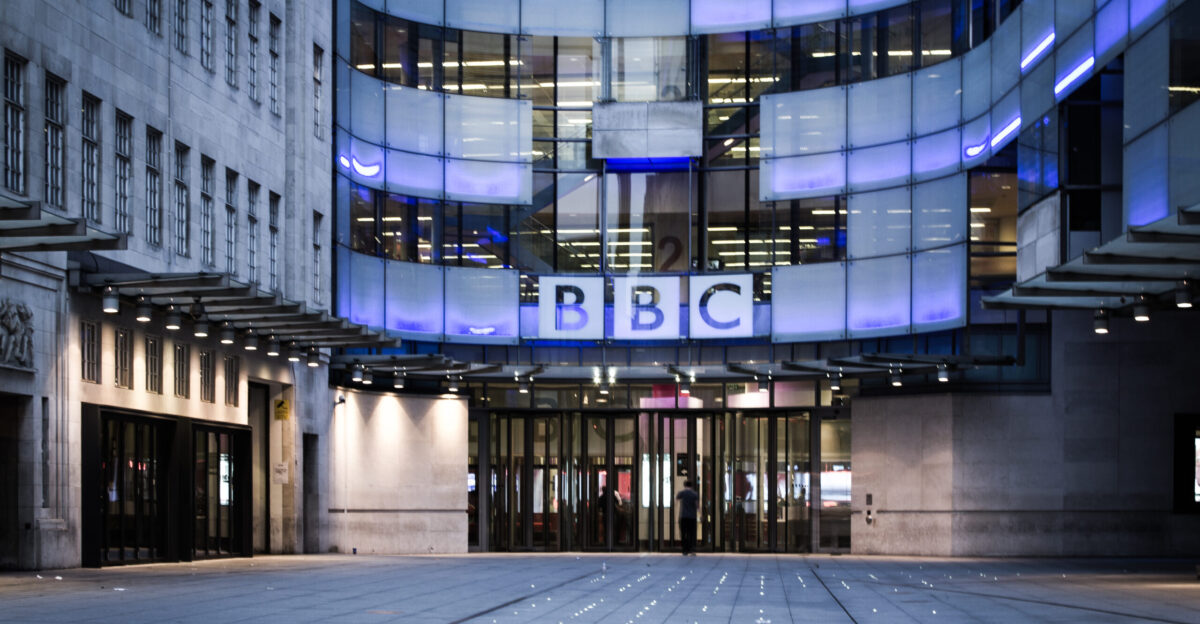
The BBC’s troubles had been building throughout 2025. Earlier in the year, the corporation lost high-profile sports presenter Gary Lineker after a social media controversy, echoing a 2023 crisis that led to a presenter boycott and disrupted programming. But the Panorama edit, and the subsequent exposure of editorial manipulation, dwarfed previous scandals.
Political leaders moved swiftly. Conservative Party leader Kemi Badenoch labeled the situation “absolutely shocking,” while former Prime Minister Boris Johnson had publicly questioned whether BBC leadership would “take responsibility and resign.” Culture Secretary Lisa Nandy told Parliament that the allegations raised critical concerns about “inconsistent” editorial standards and the blurring of facts and opinions. Emergency hearings were scheduled, and the BBC’s board faced demands for immediate reforms.
International Fallout and Whistleblower Revelations
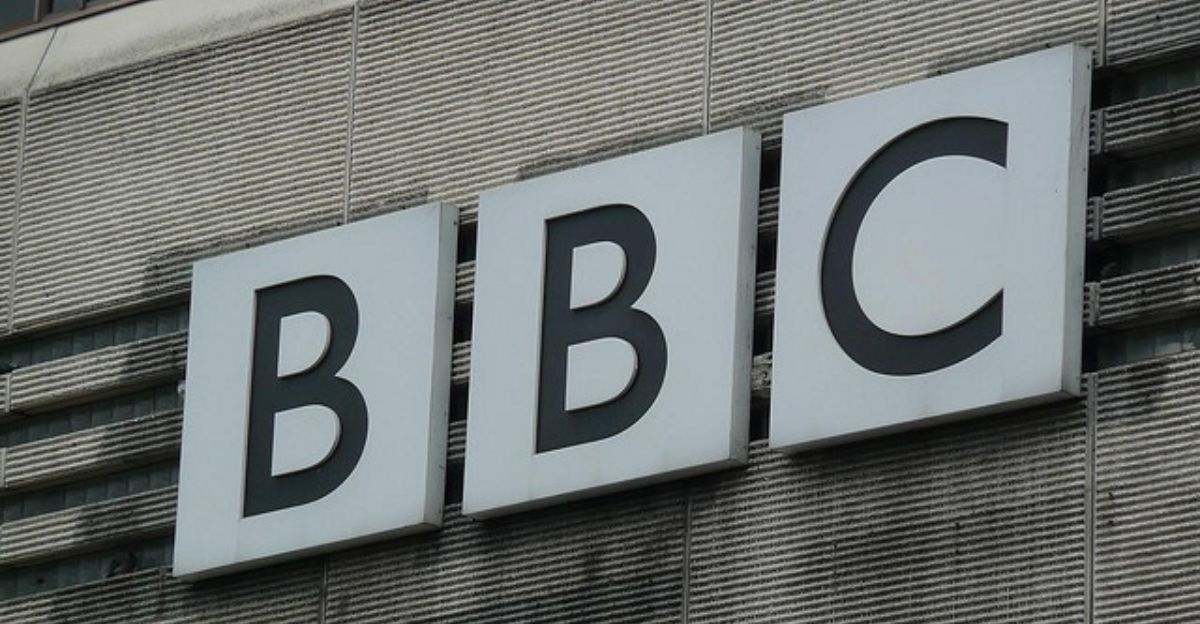
The crisis quickly spilled beyond the UK. The White House condemned the BBC as “100 percent fake news,” and President Trump accused the broadcaster of “doctoring” his speech to manipulate the U.S. election. The diplomatic rift added international stakes to what began as an editorial controversy, threatening to strain UK-U.S. relations as Trump prepared to return to the White House.
Central to the unfolding drama was a leaked 19-page memo from Michael Prescott, a former independent adviser to the BBC’s editorial standards committee. Prescott’s document, delivered to board members in October and published by The Telegraph in early November, detailed what he described as “serious and systemic” bias issues. He cited not only the Panorama edit but also concerns about BBC Arabic’s coverage of the Israel-Gaza conflict. Prescott alleged that BBC managers refused to acknowledge breaches of standards, fueling demands for leadership accountability.
Rapid Downfall and Internal Turmoil
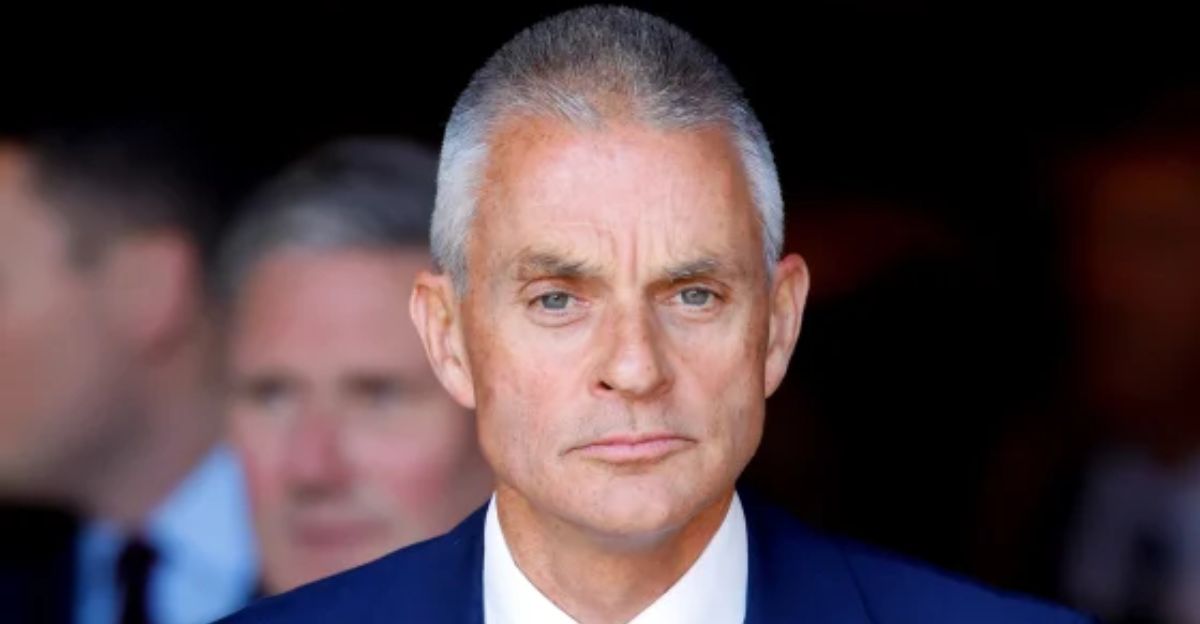
The timeline from the memo’s publication to the resignations was unprecedentedly swift—just six days. By comparison, previous BBC scandals had unfolded over weeks or months. Insiders described the board as “taken aback” by Davie’s decision, suggesting he acted unilaterally and left Turness little choice but to follow. The speed of the collapse reflected both the gravity of the evidence and the intensity of political pressure.
Within the BBC, journalists expressed frustration that years of credibility-building had been undermined by senior management decisions. The Panorama documentary was produced by an external company, raising questions about oversight of independent productions. Staff wondered whether budget constraints and the rush to air content before the U.S. election had compromised editorial review processes.
Uncertain Future and the Battle for Trust
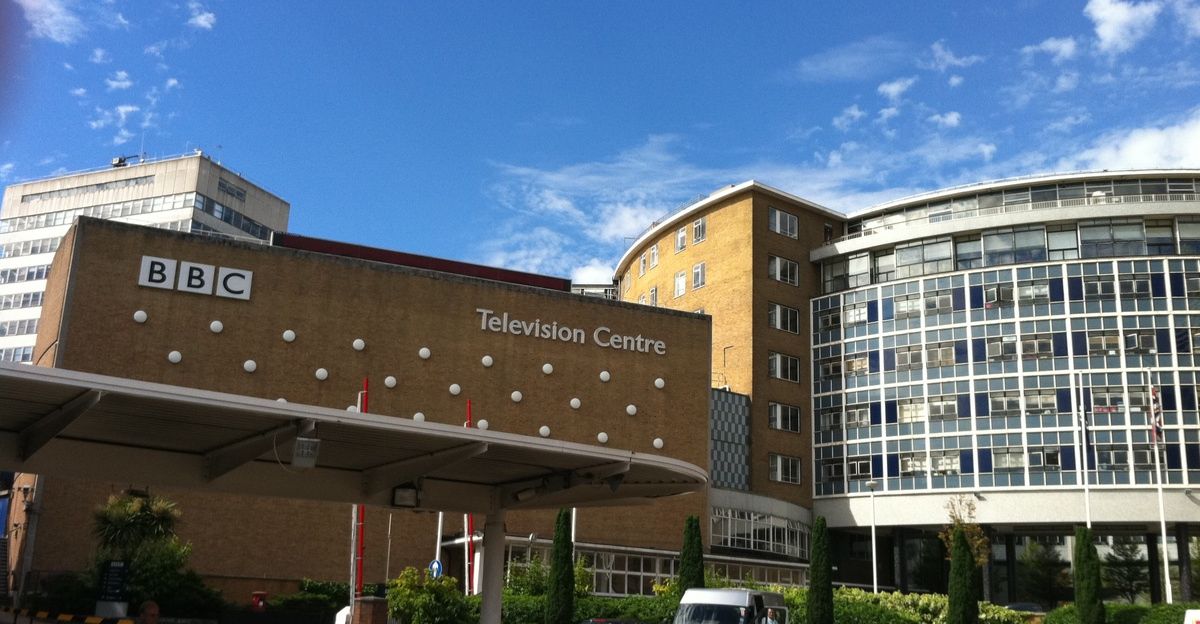
As the BBC scrambled to contain the damage, Chair Samir Shah prepared to testify before Parliament and oversee the search for new leadership. The corporation announced plans for a formal apology, but internal debate raged over whether to admit to “misleading editing” or frame the incident as an innocent mistake. The outcome could determine the BBC’s ability to retain its funding model and public trust.
Media analysts warned that leadership changes alone would not resolve the systemic issues highlighted in Prescott’s memo. Recruiting a new Director-General and implementing meaningful reforms could take up to two years, during which further controversies might emerge. With the Conservative government questioning the license fee and critics accusing the BBC of political bias, the broadcaster faces existential threats on multiple fronts.
The BBC’s response to this crisis will shape not only its own future but also the broader debate over the role and accountability of public service media in a polarized world. Whether the institution can restore trust and adapt to new realities may determine if it survives to celebrate its 150th anniversary.


